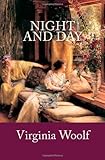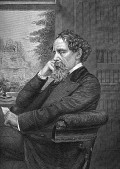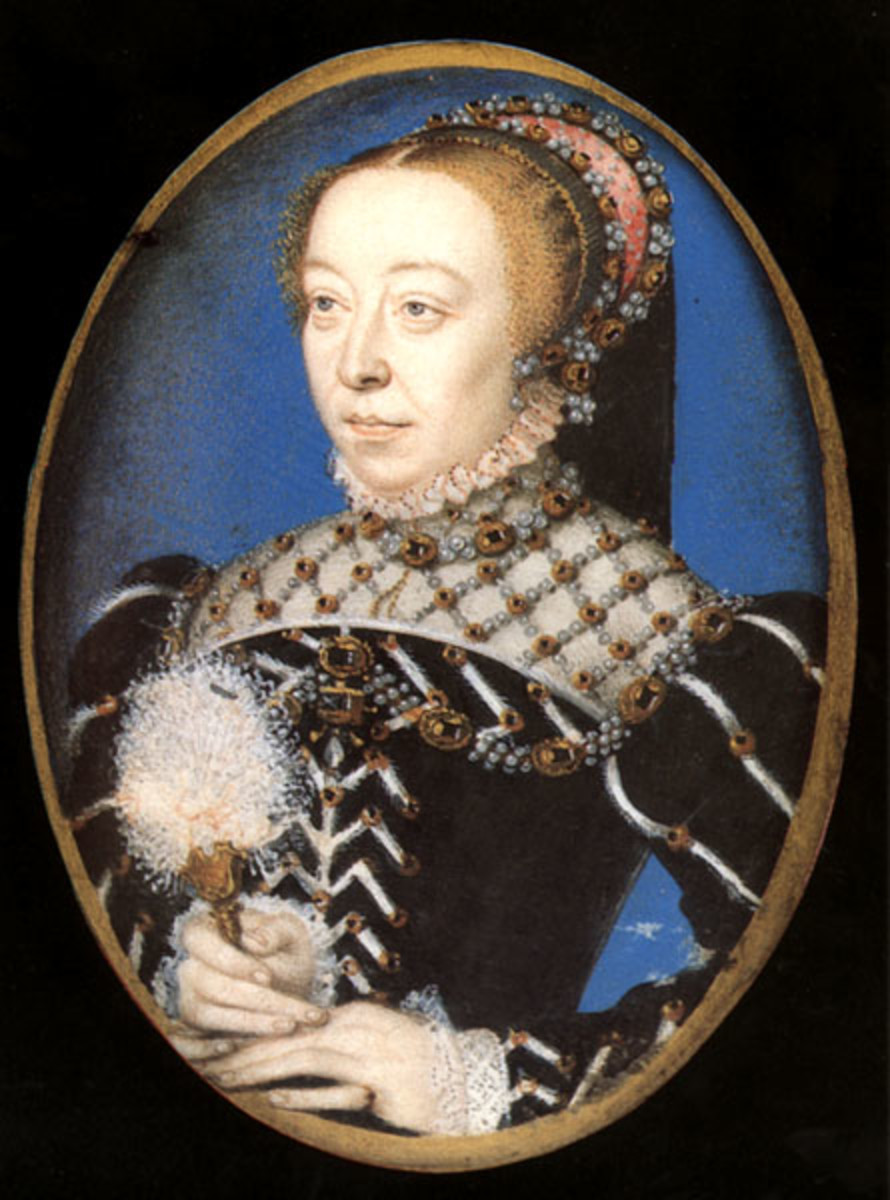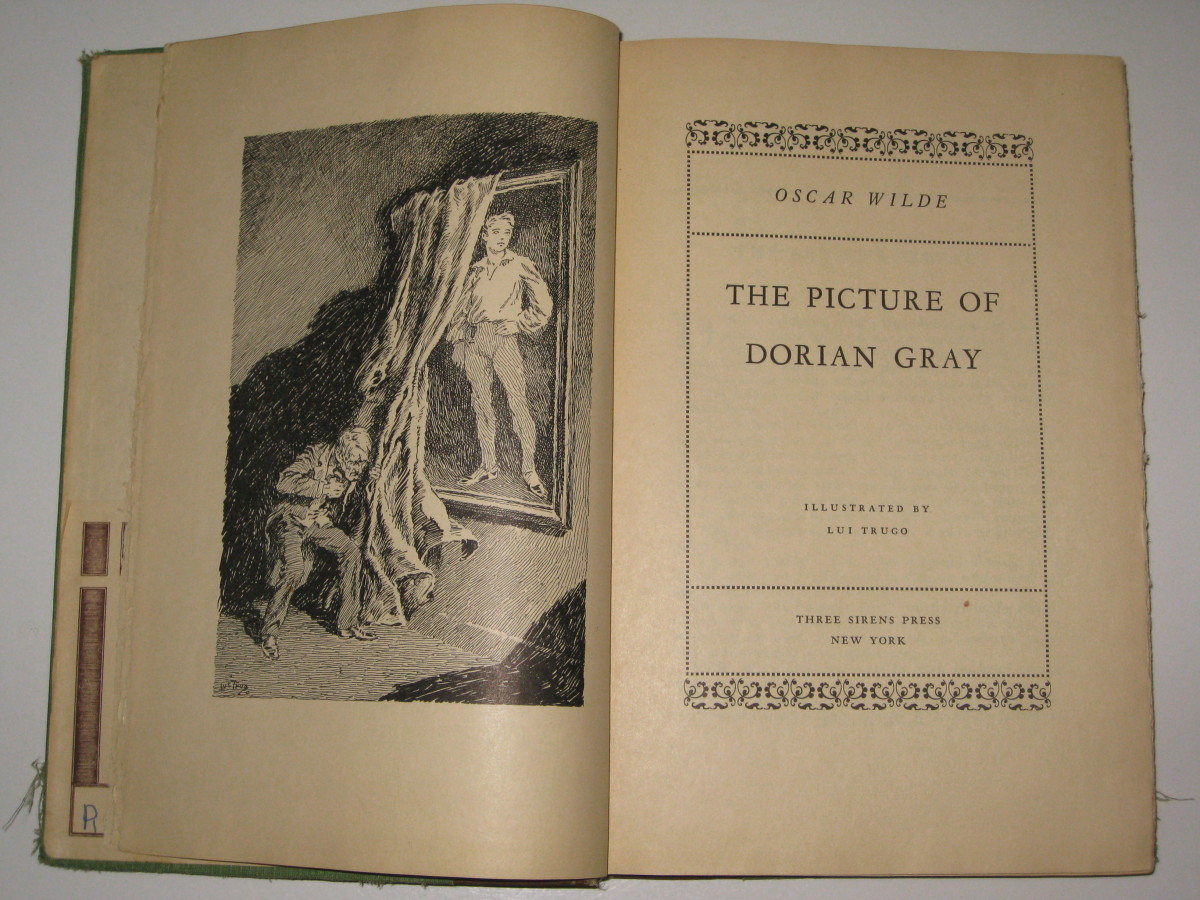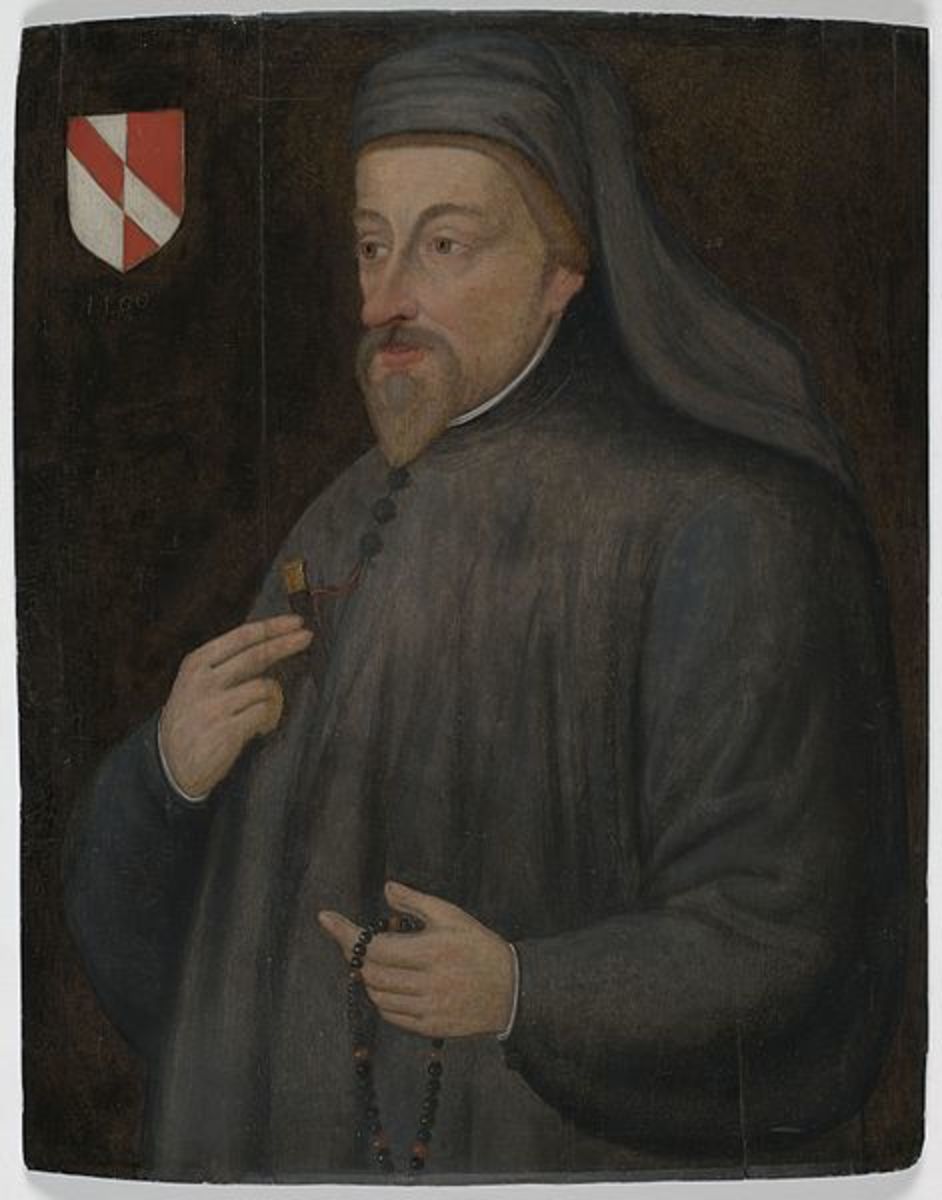Virginia Woolf's Night and Day (1919)
Night and Day
Virginia Woolf's 1919 novel Night and Day explores the finding of oneself through the forging of relationships. The ideas are explored mostly through the eyes of Catherine, but her friends offer us contrasting points of view that make the text, in typical Woolf fashion, an interesting read that travels across multiple perspectives.
There are many ideas that are probed at in the novel. The exploration of the notion that the grass is always greener on the other side is quite fun, as we see the young people in the novel envying one another's lifestyles, the old envying the young, and everyone generally thinking everyone else has it easier. Catherine's coming to terms with the fact that this might just be a mistaken idea is one of the early epiphanies in the book.
Catherine's various observations in the book offer insights that are worth pondering. She thinks over the way her entanglements with others keeps her from hearing the progress in her own life, and she learns to navigate her way through this tension as she matures. She seeks to strip away the illusions one often holds so tightly when "in love." And perhaps she and her partner find a way to get a little closer to that ideal in the end, though that is up for debate. One way or another, Catherine's grappling with the idea of tradition and how it shapes her and those around her is quite a fun exploration.

And Catherine is not the only interesting character we meet on the pages of Night and Day. The pompous William Rodney and the seemingly shallow Cassandra seem to offer interesting contrasts to Catherine. Seeing the world — and seeing Catherine — through their eyes is a good foil for the main stream of thought we follow for most of the book.
Ralph and Mary are undoubtedly, though, the characters who, besides Catherine, are most intriguing. Their offbeat views of the world, their willingness to challenge the conventions that so trouble Catherine, make for a lot of interesting dialogue and thought in the book. Mary's reflections on how a woman tends to act toward a man, often treating him as a child, are quite funny. And Ralph's often rambling style of thought is as endearing as it is thought provoking.
Woolf has many novels that are more widely read than Night and Day is, but this novel is as worthy of attention as many of her better-known pieces. Even if it is unlikely to be the one chosen for most course curriculums.

